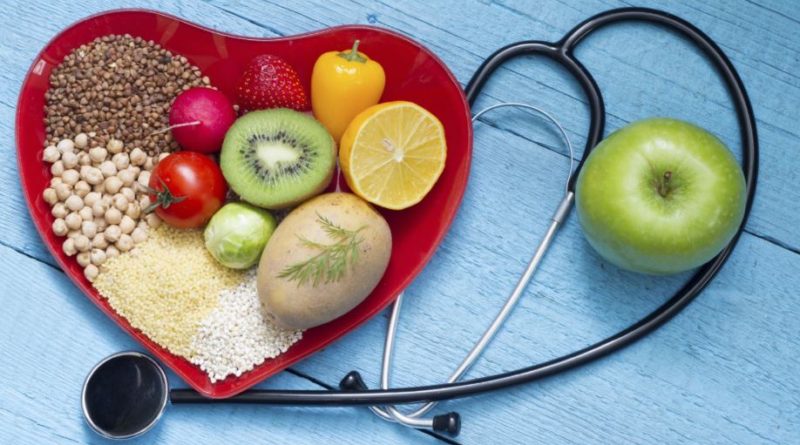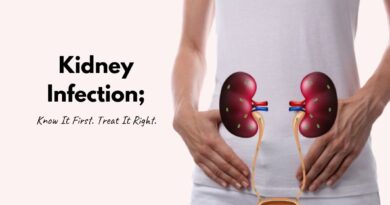5 Natural Remedies to Lower Cholesterol
To reduce cholesterol, we must increase the consumption of products rich in fiber, as well as foods such as ginger and oats, for example.
Taking steps to lower cholesterol is an essential issue once we are diagnosed with very high levels. If we do not, we expose ourselves to different health problems and, specifically, to the risk of cardiovascular disease.
The problem worsens we have a genetic predisposition to heart disease. Still, also if we are overweight or obese, we maintain bad habits (such as smoking and alcoholism), we commit excesses and, in general, we do not eat well.
Healthy lifestyle habits can improve the lipid profile. It is advisable to go to a health professional to obtain the basic guidelines for the treatment of this pathology.
Diet combined with exercise can have an influence, although small, on cholesterol levels. Therefore, it is interesting to know the strategies that can be carried out to prevent future pathologies or complications associated with an unhealthy lipid profile.
Let’s see some of the foods that we can include to maintain a balanced diet. Many consider it to be “natural remedies.”
Table of Contents
Birdseed (Alpiste)
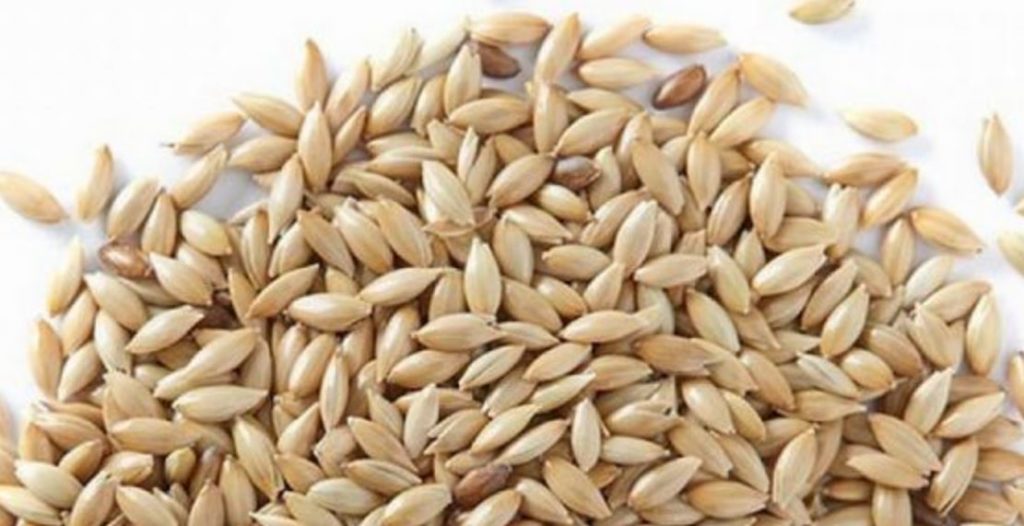
Birdseed (Phalaris canariensis) is a type of seed that contains starch, lipids, resin, salicylic and oxalic acids, and nitrogenous substances. It can be consumed in infusions, smoothies, smoothies, juices, or salads.
- It should be noted that with its milk, you can make a drink rich in calcium and protein.
To prepare the birdseed milk:
- We will have to leave the birdseed seeds to soak overnight.
- We will beat them with water the next day.
- We will strain the drink and consume it.
Carrot
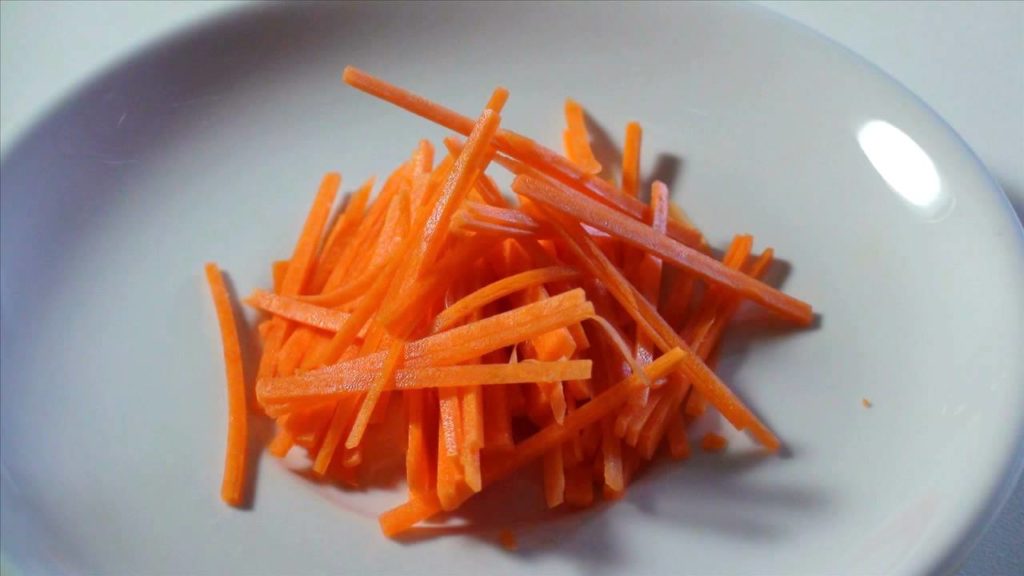
Carrot is one of those foods that we always have at home. It is a vegetable that, within a balanced diet, could help lower cholesterol for two reasons:
- On the one hand, it is rich in beta-carotene, which stimulates the production of vitamin A. This antioxidant improves the synthesis of good or HDL cholesterol and reduces bad or LDL cholesterol.
- On the other hand, it contains a lot of fiber, which is essential in a diet to control cholesterol. This fiber entrains cholesterol and facilitates its elimination through the intestine.
The following study reflects how fiber intake may be slightly beneficial for the composition of the lipid profile. Anyway, it is important to keep in mind that cholesterol is a substance that can be synthesized endogenously and whose production depends on the external contribution. For this reason, the influence of blocking its absorption is limited.
Oats

Oatmeal is an excellent cereal for health, as long as we do not have a gluten intolerance. Its main characteristic is that it has a high content of soluble fiber, which interferes with the absorption of fats and cholesterol.
Also, it provides vitamin E, B, protein, and linoleic acid, among other nutrients. And it is also effective in stabilizing blood sugar levels. It also facilitates digestion. The recommendation is to consume 10 to 25 grams of oats a day.
Garlic

According to popular beliefs, garlic may help lower cholesterol. In recent years, several types of research have been carried out in this regard, but the evidence found indicated that garlic was not a food that, by itself, could help achieve this objective. Furthermore, it was clarified that consuming raw garlic in aids and that the Tibetan garlic cure were myths.
However, garlic does have an interesting antioxidant power. It can, therefore, be food to take into account when fighting oxidative stress and aging.
Ginger
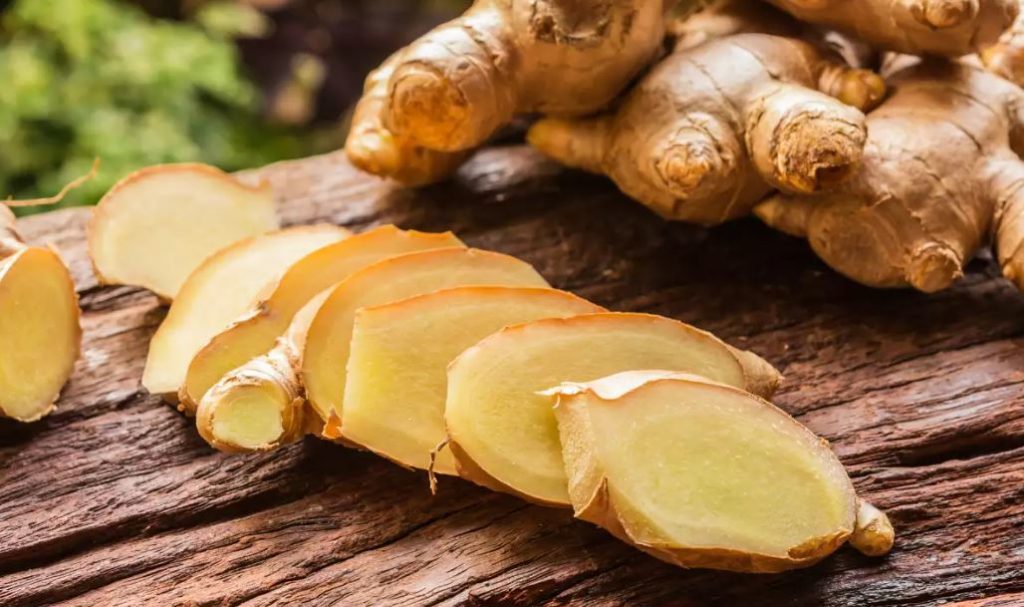
Ginger is an exotic, aromatic, and spicy root, and it contains antioxidants that could help lower cholesterol within the framework of a balanced diet. Also, it would promote the health of the cardiovascular system.
The following study suggests the idea that eating ginger can stimulate HDL cholesterol production at the intestinal level.
Other foods to complement the diet and lower cholesterol
To lower cholesterol, it is clear that you have to follow the doctor’s guidelines and, within the diet, include healthy foods that provide us with the nutrients we need.
Some of which we can include are:
- Coriander seeds: Various studies have found that coriander seeds may increase cholesterol breakdown.
- Almonds: they are rich in unsaturated fatty acids, fiber, phytosterols, and regulate enzymes related to cholesterol synthesis.
- Blueberries: They are rich in antioxidants, so they could help reduce bad cholesterol and increase good cholesterol.
conclusion
We should never base the diet on a single food, no matter how many nutrients it may have. We must always maintain the variety and balance to provide quality nutrition to the body, which will reward us with long-term well-being.
If you are taking any type of cholesterol-lowering medication, it will be necessary to always follow the doctor’s instructions and, before making any changes to the routine in this regard, consult with the professional.
Also, it should be noted that none of these remedies is miraculous and that the best way to maintain correct health is to combine a healthy diet with regular physical exercise.

